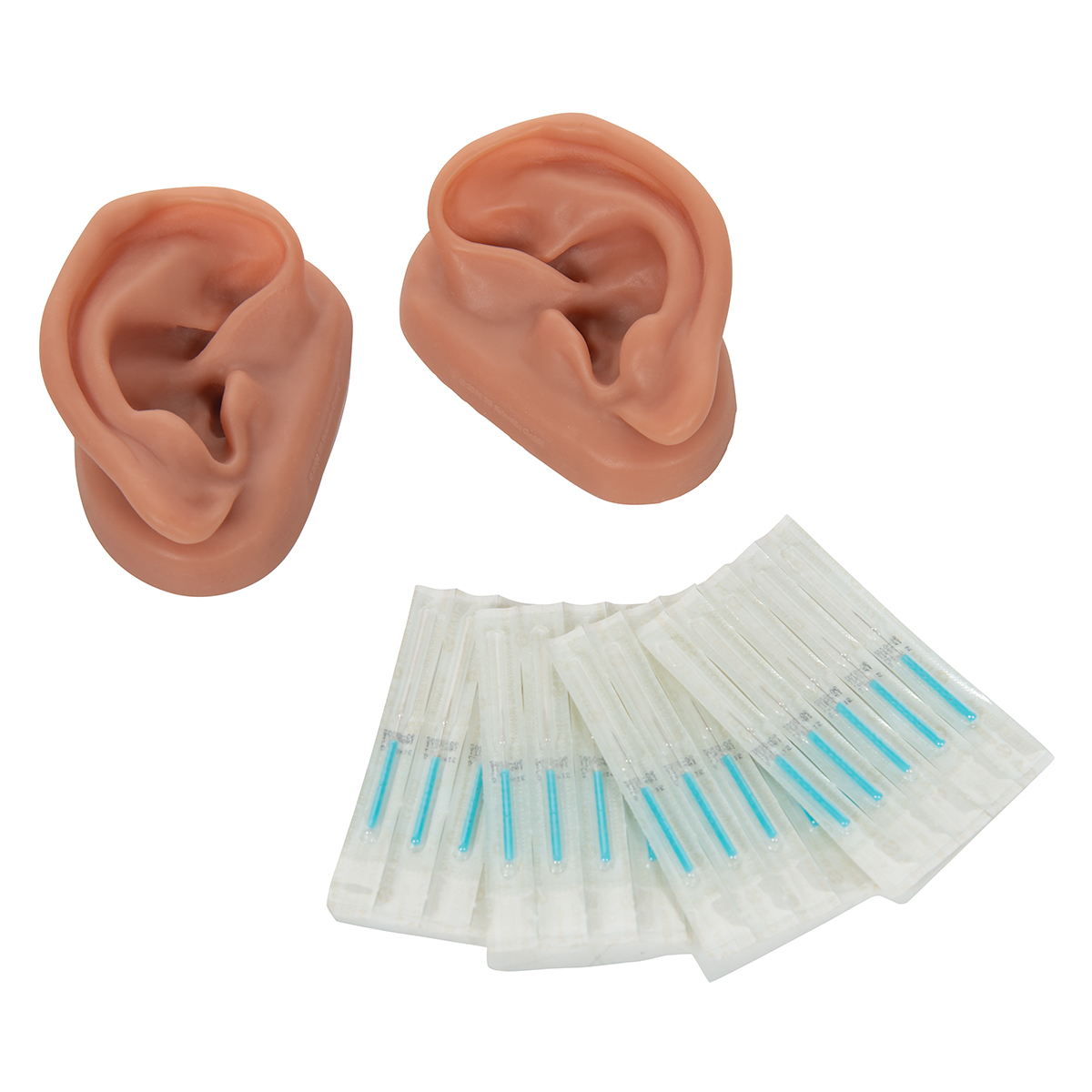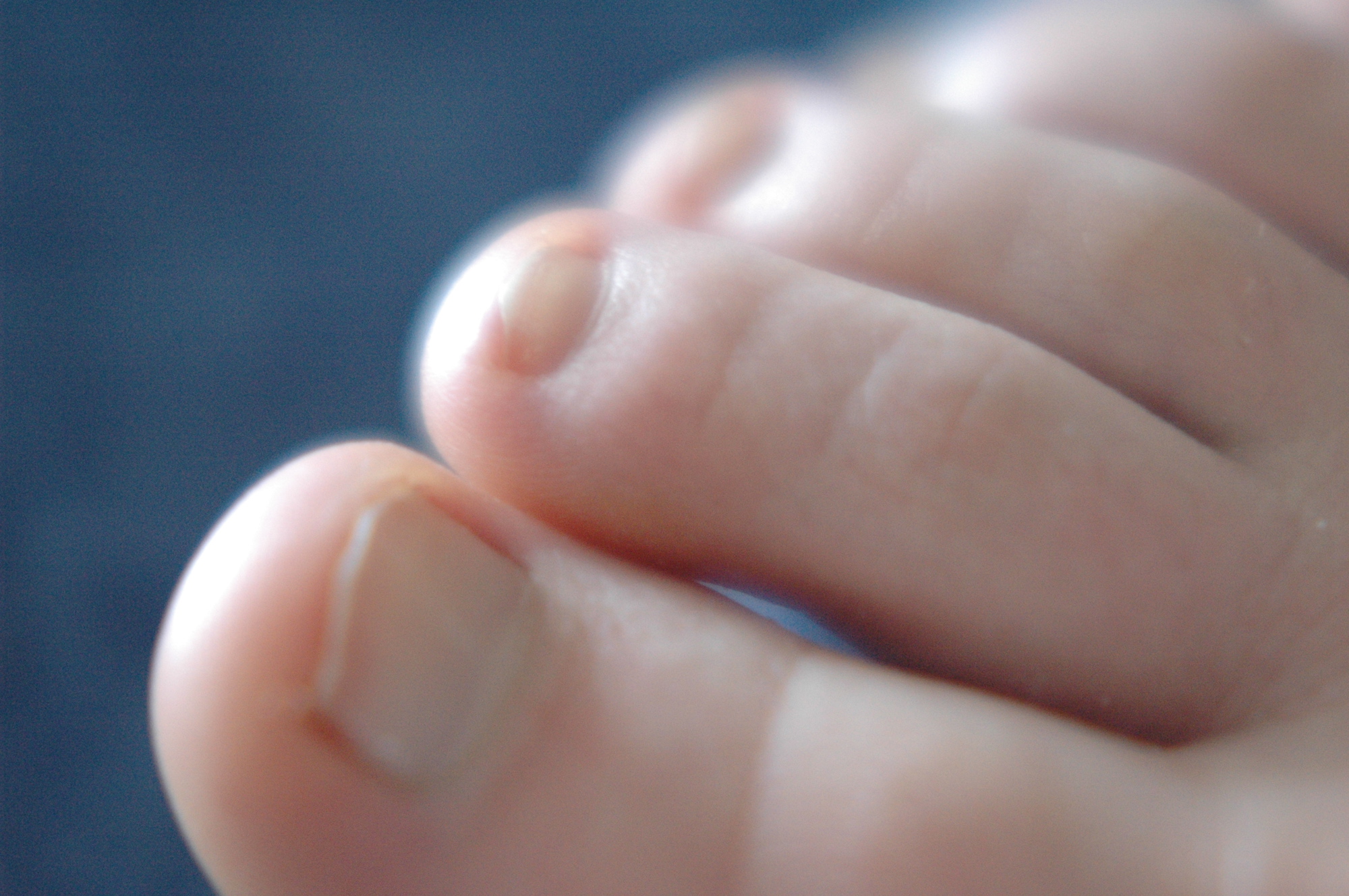Frequency Adverbs
Always: Siempre: I always go to bed before 11pm.
Almost always: Casi siempre: I almost always play video games.
Generally: En general: I generally go to the gym.
Usually: Generalmente: I usually have cereal for breakfast.
Occasionally: De vez en cuando: I occasionally eat junk food.
Often: A menudo: I often surf the internet.
Sometimes: A veces: I sometimes forget my wife's birthday.
Seldom: Raramente: I seldom read the newspaper.
Ranely: Raramente: I ranely run in the stadium.
Hardly ever: Casi nunca: I hardly ever drink alcohol.
Almost never: Casi nunca: I almost never don't do the homework.
Never: Nunca: I never swim in the sea.










_2.jpg)
